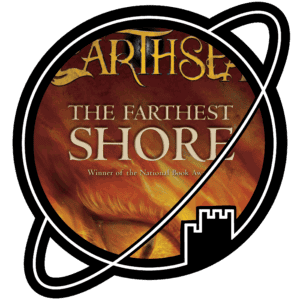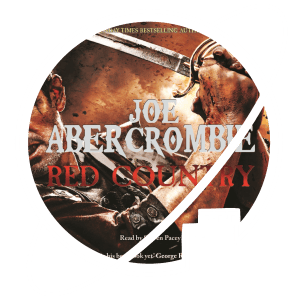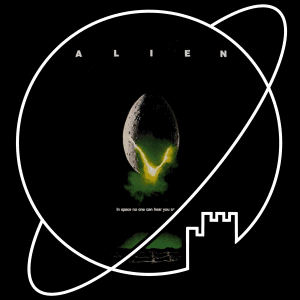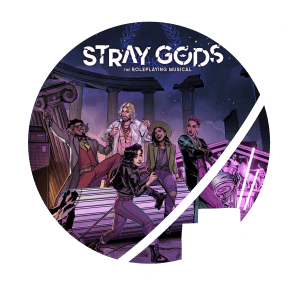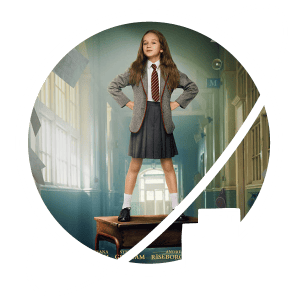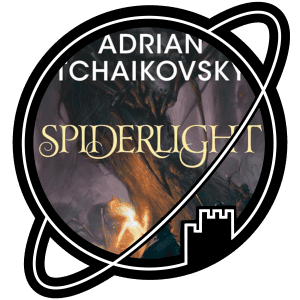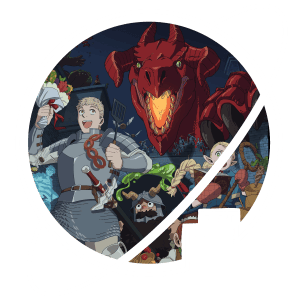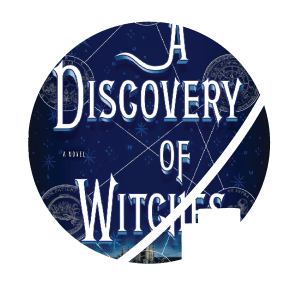- Novel written by Ursula Le Guin
- Published in 1990
- Part 4 of the Earthsea Cycle
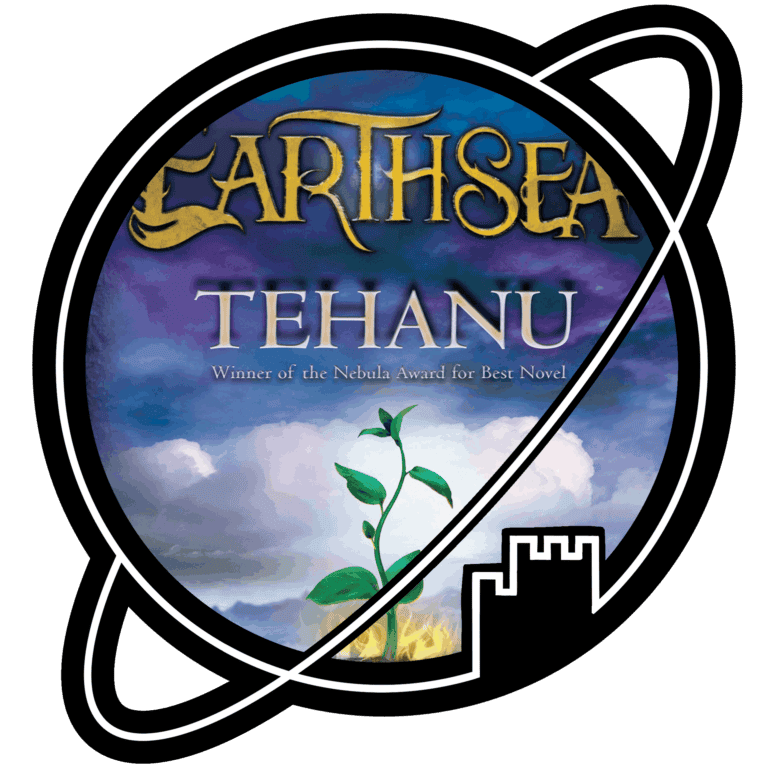

Listened to the audiobook with Jenny Sterlin – well read.
Of the first Earthsea trilogy, I liked The Tombs of Atuan the best – on the hand hand because it tells the most unified story, but also in particular because it is different: different both from the other two books in the first Earthsea trilogy, but also different from fantasy books in general.
Fantasy stories generally focus on extraordinary people experiencing extraordinary adventures. The extremes of human experience; characters formed by their continent-spanning journeys and battles with monsters and evil men. A Wizard of Earthsea is like that, and so is The Farthest Shore. In Tehanu, however, Le Guin returns to her characters from The Tombs of Atuan – and to the style of story telling that breaks the mould of standard fantasy adventures.
Tehanu focuses on heroic characters that are no longer heroic. Some because they chose a different life, others because they were forced into normalcy. In doing so, Tehanu shows that even the small people are important. They matter. And they don’t just matter because they used to be great, they matter because they are human.
As a result, the story is very personal, and surprisingly tense exactly because the stakes are smaller and more relatable. It is not a story about slaying dragons but rather about raising and protecting children or finding value in yourself outside of your abilities.
Moreover, I like that Tehanu is more explicitly feminist – it was written a fair bit later than the earlier Earthsea-trilogy (long after her commercial and critical success with A Wizard of Earthsea and The Left hand of Darkness), and Le Guin probably felt more at ease adding more political or personal themes to her writing. I like that she tells sexism the way it is – often not overt or even conscious, but rather endemic, ingrained and subconscious.
For example, when told by prophecy to look for an archmage by finding a ‘woman on Gont’, the mages don’t look for a female archmage, but rather assume the women will, in turn, lead them to their (obviously male) archmage. And Le Guin is also clever enough for the story to not then revolve around a female archmage being denied her right and claiming it through revolution, but for this bitter truth to be accepted by all characters as a fact of life.
I like the Earthsea Cycle, but I think Tehanu is easily the best of them so far – subtle and subdued but no less powerful than any of the others. In and of itself a reason to start reading the Earthsea Cycle if you still needed encouragement!






